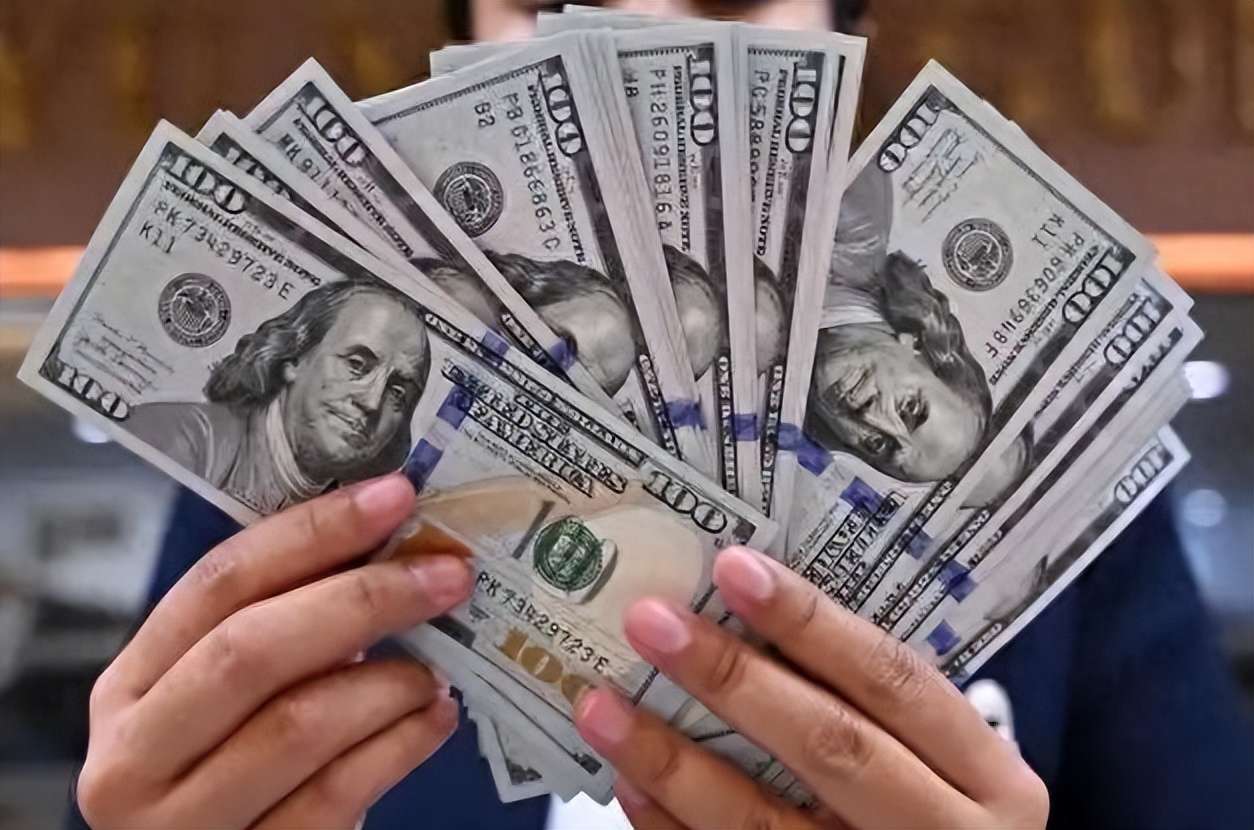In the world of finance, few names carry as much weight as Warren Buffett, the so-called "Oracle of Omaha." His investment strategies and decisions often set off tremors across global markets, stirring excitement, anxiety, and speculation among investorsLately, Buffett's firm, Berkshire Hathaway, has been rapidly cutting back its holdings in some American stocks, prompting a flurry of questions about his motives and the potential implications for the broader market.
To delve into this unfolding story, we must first examine the specifics of Buffett's recent actions, notably the staggering decision to sell off six billion shares of AppleApple's stock has long been a cornerstone of Berkshire Hathaway’s portfolio, a company that exemplifies the very definition of success in the tech sectorBy parting with such a significant holding, Buffett is igniting speculation about his future outlook on market trends and valuations—questions arise: Is he sensing an impending downturn or merely consolidating his positions to capitalize on future opportunities?
Buffett's divestitures extend beyond Apple; he has also systematically reduced his stake in major financial institutions, like American banks, raking in over a hundred billion dollars in cash in the process
Such monumental moves raise eyebrows, especially as tech stocks have been riding a wave of growth, enriching many investorsThe stark contrast presented by Buffett's sell-offs is enough to leave seasoned investors pondering potential risks lurking beneath a seemingly robust market surface.
One significant detail feeding into the narrative is Buffett's growing cash reserves, which have leapt from $168 billion to an astonishing $325 billion in a matter of monthsAn increase in cash typically signals caution—companies prefer to have liquidity to navigate uncertain futuresAs Buffett has prudently navigated past market crises, his current strategy leads many to speculate he believes that stock valuations are inflated and that a correction may be on the horizon.
With hindsight, history shows that Buffett has a knack for reading the market's pulseEach time he begins to divest, it often precedes moments of volatility
- Foreign Investors Flock to U.S. Markets
- ByteDance Builds AI Ecosystem
- Tesla Market Value Drops by $9.6 Billion
- Can Broadcom Compete with Nvidia in Chip Technology?
- The Index Fund Boom: What's Driving the Growth?
Looking back at his behavior before crises such as the dot-com bubble burst in 2000 or the financial collapse in 2008, one can't help but wonder: Are we on the brink of another reckoning in the stock markets?
The current performance of tech stocks—heavily reliant on high valuations—will most likely be impacted by rising interest rates, leading many investors to feel jittery about their portfoliosIn many ways, Buffett's selling behavior serves as an early warning signal, indicating that the fervor of the market may not be sustainableHowever, is this a mere coincidence, or is it a preemptive strike against a market that appears to be losing its grip?
Moving on to the broader implications, Buffett's actions could instigate a domino effect across global economic landscapesIf U.Smarkets were to experience a severe downturn, it is almost certain that markets in countries like China would feel the repercussions
The interconnectedness of global finance implies that shocks in one region inevitably find their way into others, sparking fears about the stability of economies that are already navigating their respective challenges.
China's stock market, known as A-shares, would particularly be vulnerable to external shocksAnalysts argue that should U.Sequity markets continue to flounder, foreign investment would likely retreat from Chinese markets, exacerbating any existing bubblesThe ripple effects of unrest in American markets could overturn hard-won economic gains in emerging markets that are still in the throes of recovery.
Historically, in times of significant market fluctuations, governments typically intervene with rescue measures to stabilize financial ecosystemsFor instance, following the abrupt market crash in the U.S., authorities often resort to slashing interest rates and increasing liquidity to assuage investor fears

These actions, though immediate in their intent, sometimes create longer-term uncertaintiesIt’s a precarious balancing act that could lead to an accumulation of financial risks over time.
The Federal Reserve's current policy decisions are under intense scrutiny, especially amidst debates regarding the onset of a rate-cutting cycleMany speculate such moves could provide short-term relief but harbor potential risks that need to be acknowledgedThe temptation for investors to chase overly risk-prone assets during periods of low interest needs to be tempered with a reality check; historically low rates can lead to market distortions.
Ultimately, in light of Buffett's recent market maneuverings, the overarching takeaway for investors is one of caution and strategic foresightThe potential for volatility in both U.Sand global markets remains palpable, resulting in an undercurrent of anxiety among stakeholders